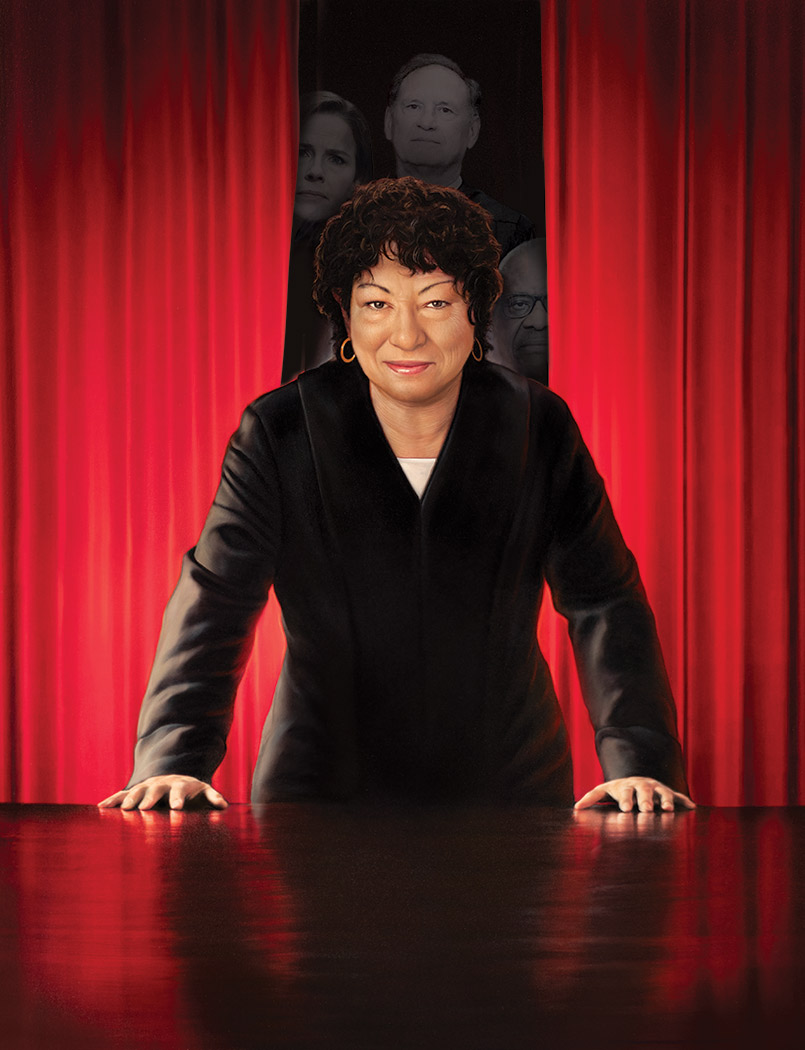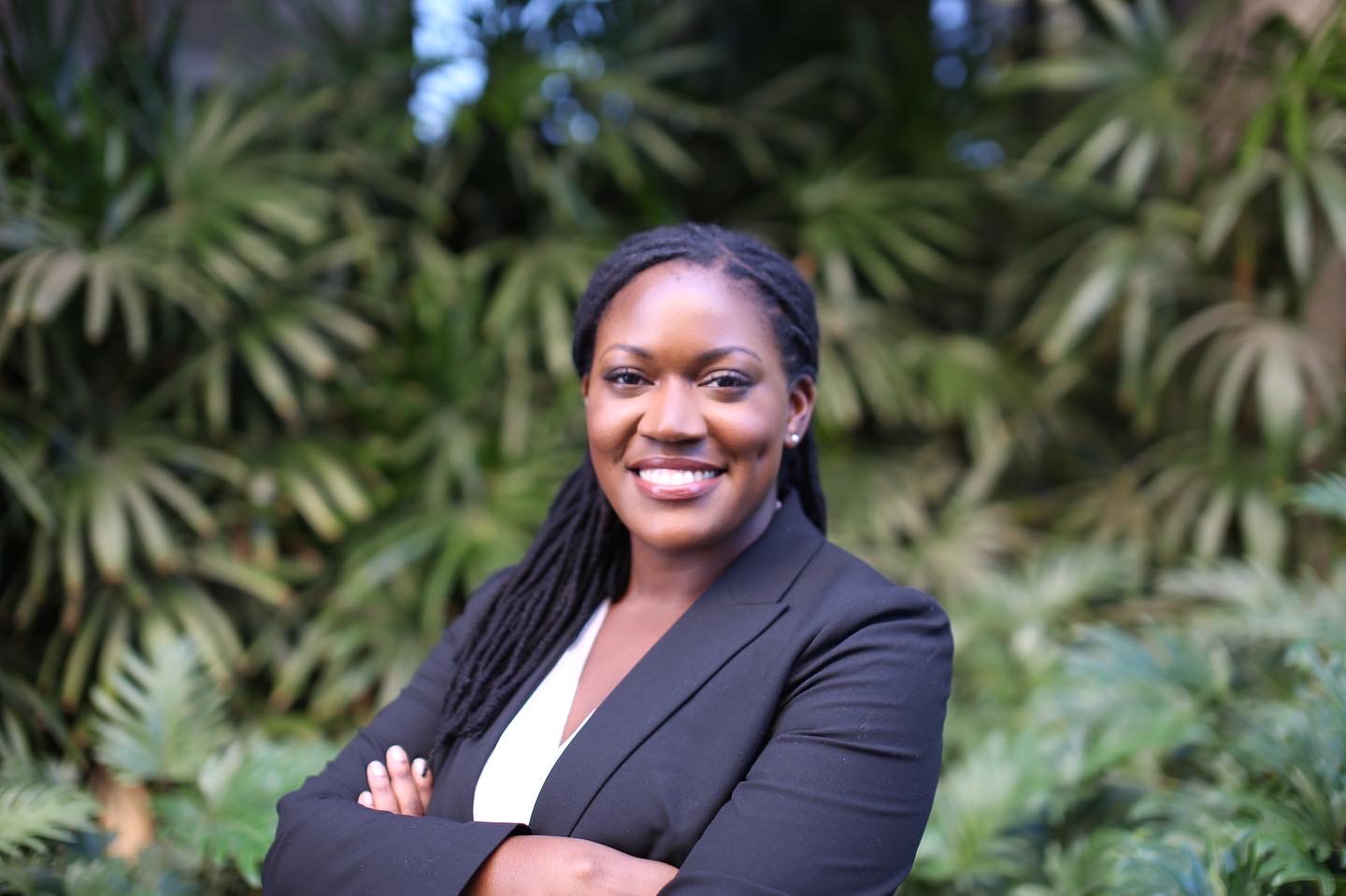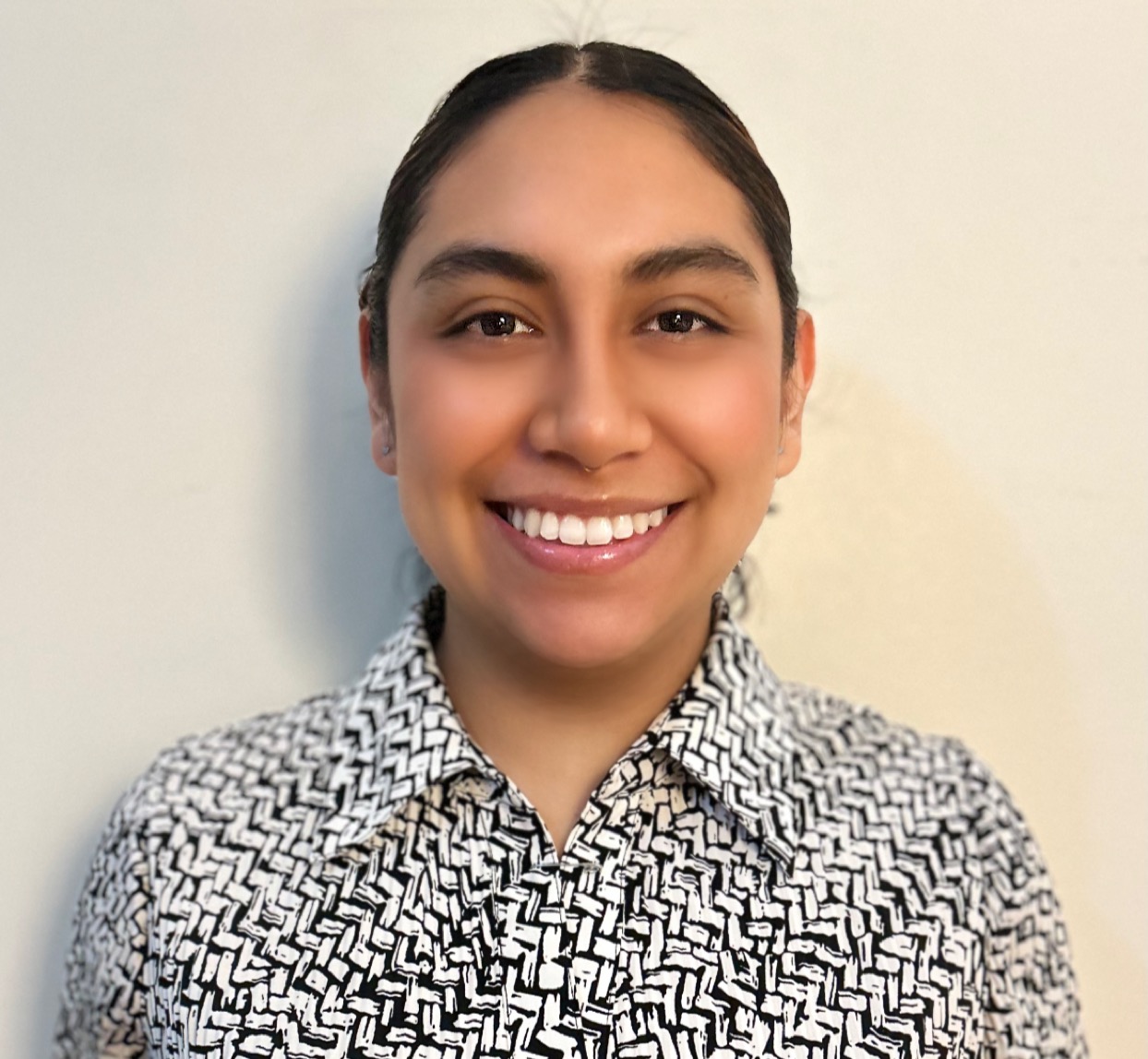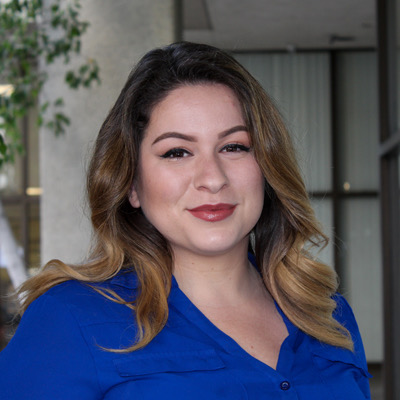Sonia Sotomayor is the conscience of the Supreme Court
More of This
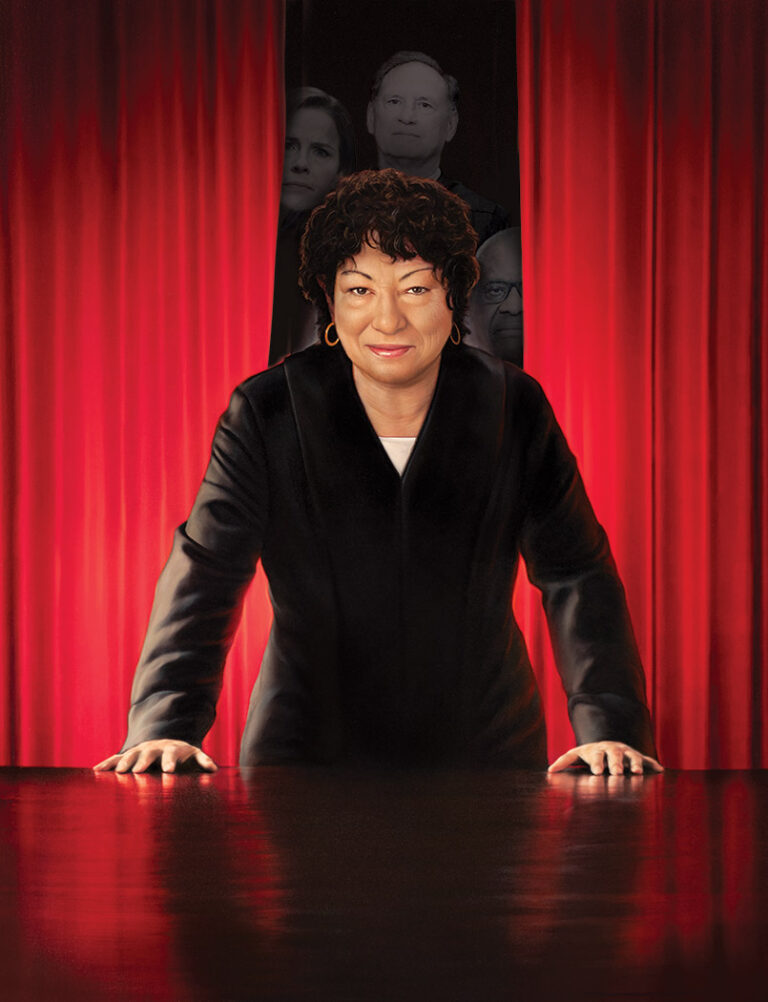
While the rest of the country was reeling from the Supreme Court’s decision in June to take away the right to abortion, Justice Sonia Maria Sotomayor was working. As her conservative colleagues planned victory tours and dinners at Morton’s, Sotomayor crafted dissents. She and her team of clerks worked to the last moment of the court’s term, laying out a case against the conservatives’ manipulation of laws and perversion of justice. And she did this despite the fact that the cases on which she was laboring may never even make it to the Supreme Court of the United States.
The cases in question were among a series that her colleagues had decided not to hear. The Supreme Court gets to choose its own cases, sifting through between 7,000 and 8,000 appeals every year to accept a tiny fraction of them. It takes just four affirmative votes for the court to decide to hear a case, or, in the official parlance, grant certiorari. This means that any four justices can effectively control the docket of the Supreme Court, determining which issues it considers. When alleged attempted rapist Brett Kavanaugh replaced the more moderate Anthony Kennedy in 2018, he, along with Clarence Thomas, Samuel Alito, and Neil Gorsuch, formed a powerful four-vote bloc to breathe life into whatever cockeyed challenge to established law and precedent conservatives could dream up. You can think of them as the Four Bro-men of the Apocalypse, busting open seals like some people open beer cans, unleashing horrors upon our world.
Read the Story on The Nation
Justice Alito wants to transform your life
Less of This
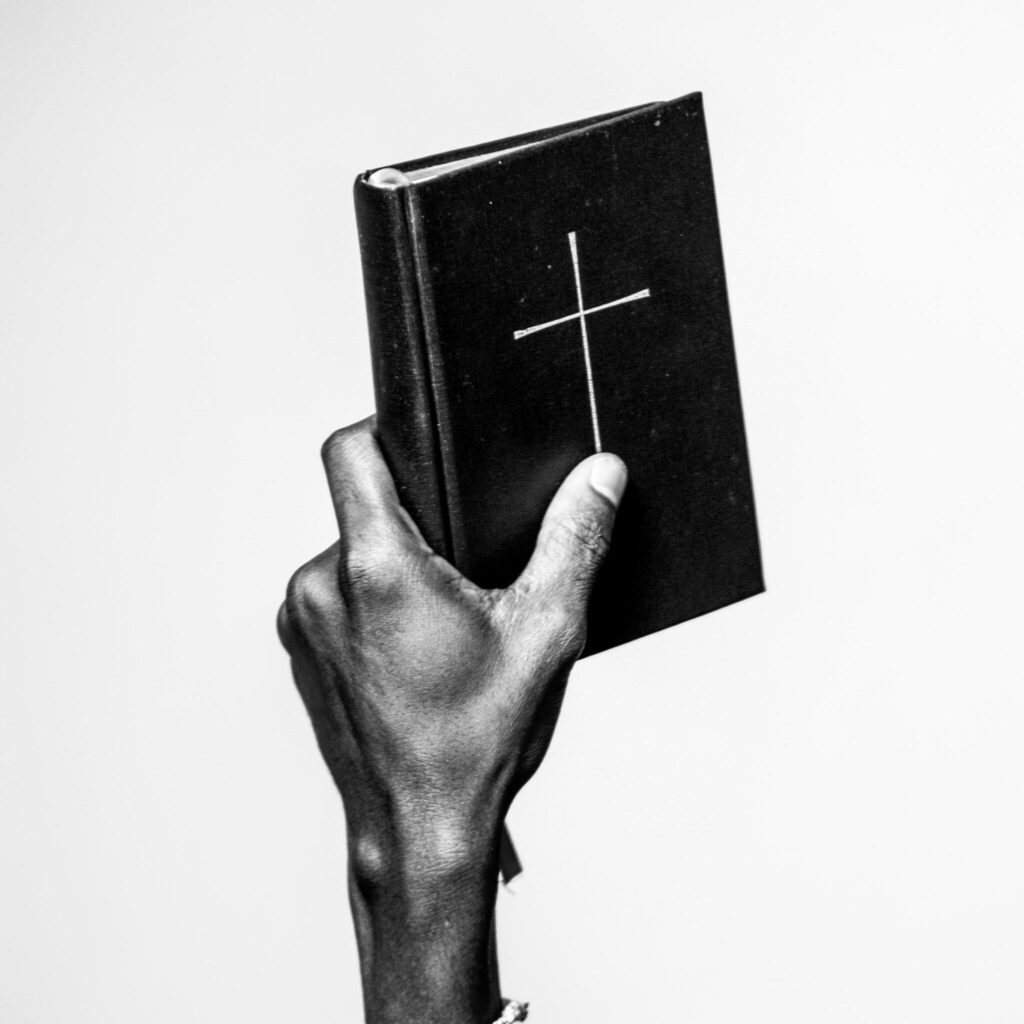
Barely a month after handing down the majority opinion that erased the right to abortion, Justice Samuel Alito traveled to Rome to give a keynote address at a “religious liberty summit” convened by the Religious Liberty Initiative of the University of Notre Dame’s law school. As the video that Notre Dame posted of the bearded justice delivering his remarks made clear, this was a victory lap.
The press coverage of that speech last month mainly focused on his snarky comments about world leaders who had the effrontery to criticize what the Supreme Court had done in Dobbs v. Jackson Women’s Health Organization. “One of these was former Prime Minister Boris Johnson, but he paid the price,” Justice Alito deadpanned as laughter filled the majestic Galleria Colonna.
One can debate the degree of bad taste displayed by such a remark, but that’s not my concern. What interests me about his talk was its substance: a call to arms on behalf of religion.
Read the story on NYT
The first Black woman judge of Northern California has message for lawyers
Say It Louder
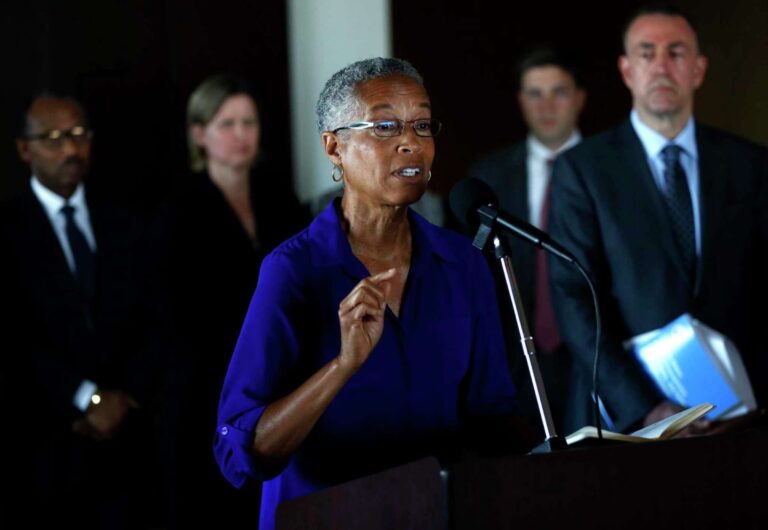
In her hands, LaDoris Cordell held nearly a decade’s worth of letters — hundreds of typewritten pages spilling out of a black binder. Every Friday from 1993 to 2001, while serving on the Superior Court of Santa Clara County, she would write to her parents, describing her day-to-day life as a judge, as a mother.
After she retired in 2001, Cordell visited her family home in Ardmore, Pa., just outside Philadelphia. On the second day, her mother pulled out a box from the closet and asked Cordell what she wanted to do with all the letters her mom had saved.
Cordell packed them up and took them with her back to California.
“It took me a couple of years to decide to read them,” the retired judge told The Chronicle during an interview at her Palo Alto home. “I was really worried about reliving this stuff.”
But, once she did, she said she was “just kind of stunned by how many cases (had) come across my bench during that time.”
Read the story on SF Chronicle
The “chief counsel” of the civil rights movement is 91 and still fighting
Speaking Of...
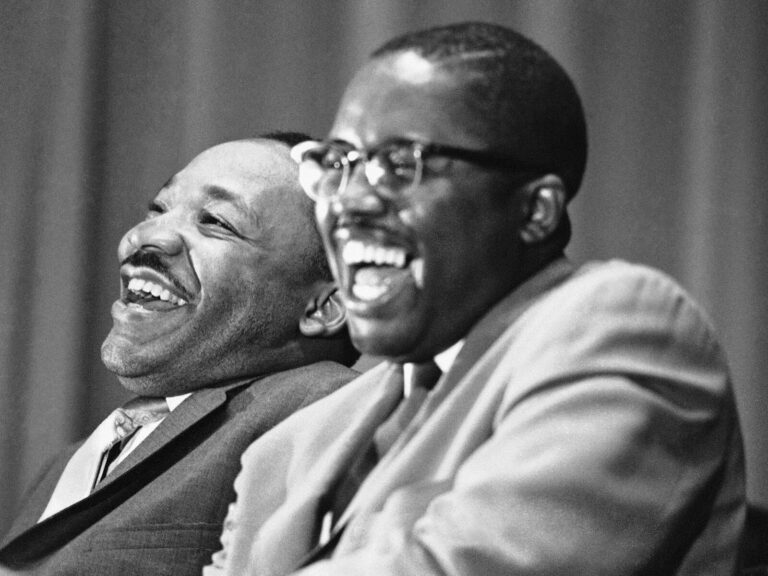
On a recent summer day, President Joe Biden awarded the nation’s highest civilian honor — the Presidential Medal of Freedom — to civil rights lawyer Fred Gray.
While Gray may not be as well known as other giants of the civil rights movement — names like John Lewis, Rosa Parks and the Rev. Martin Luther King Jr. — his legacy is no less vital.
“One of the most important civil rights lawyers in our history, Fred’s legal brilliance and strategy desegregated schools and secured the right to vote,” Biden said during last month’s Medal of Freedom ceremony. “An ordained minister, he imbued a righteous calling that touched the soul of our nation.”
Fresh out of law school, Gray represented 15 year-old Claudette Colvin, who was arrested in 1955 for refusing to give up her bus seat to a white person — nine months before Parks did the same thing.
Read the story on NPR
Lawyers' Committee hiring 2 year fellow
Are you a newly-minted civil rights attorney looking for cutting-edge direct services and impact litigation work? If so, we invite you to consider joining our team at the Lawyers’ Committee for Civil Rights of the San Francisco Bay Area (LCCRSF).
More details here >
Next Gen Awards 2022
Save the Date
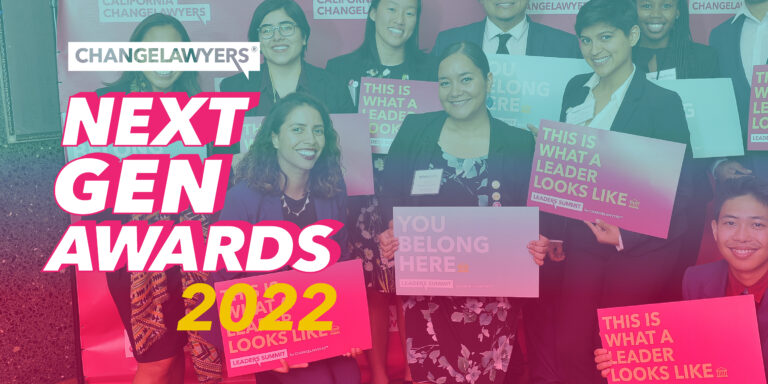
Our first in-person event in over 2 years!
More details here >




